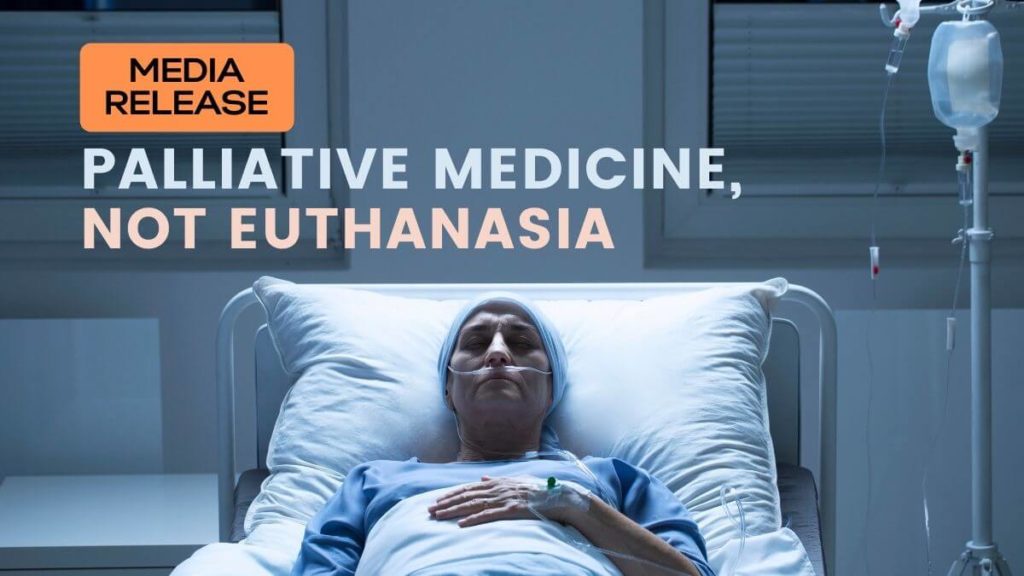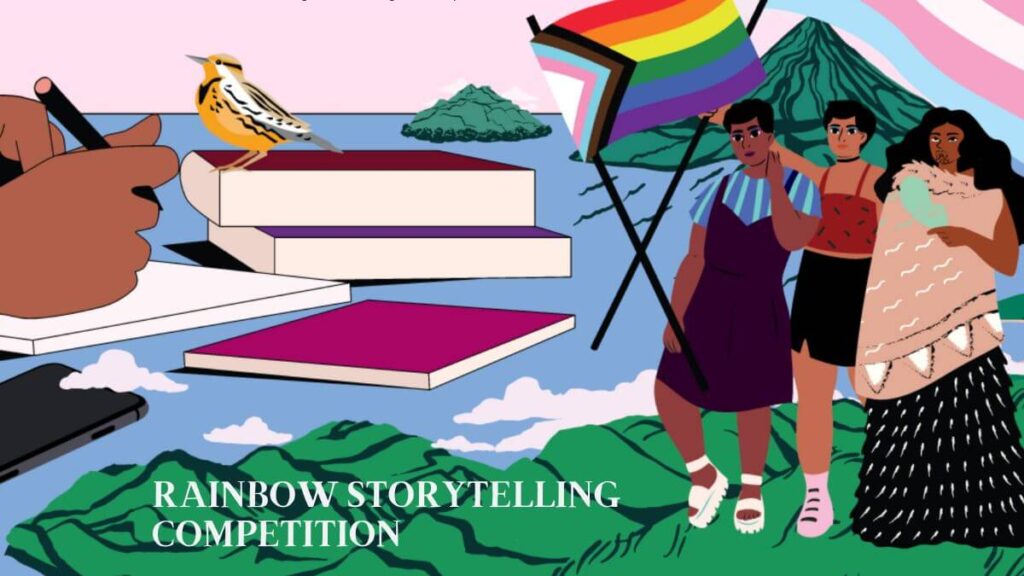MEDIA RELEASE
4 November 2021
Palliative Medicine Doesn’t Include Euthanasia – ANZSPM
The peak body for palliative medicine in New Zealand and Australia has released an updated Position Statement entitled The Practice of Euthanasia and Physician-Assisted Suicide just days before euthanasia and assisted suicide becomes legal in New Zealand.
The Statement by ANZSPM (Australian and New Zealand Society of Palliative Medicine) says that “In accordance with best practice guidelines internationally, the discipline of Palliative Medicine does not include the practices of euthanasia and physician-assisted suicide.”
It also unequivocally states that “ANZSPM does not support the legalisation of euthanasia and physician-assisted suicide” and “endorses international guidelines reaffirming that these practices are not part of palliative care.”
ANZSPM members are medical practitioners who provide care for people with a life-threatening illness.
It also says that
- “Patients have the right to refuse life-sustaining treatments including the provision of medically assisted nutrition and/or hydration. Refusing such treatment does not constitute euthanasia or physician-assisted suicide.”
- “Withholding or withdrawing treatments that are not benefitting the patient, is not euthanasia or physician-assisted suicide.”
- “Treatment that is appropriately titrated to relieve symptoms and has a secondary and unintended consequence of hastening death, is not euthanasia or physician-assisted suicide.”
- “Palliative sedation for the management of refractory symptoms is not euthanasia.”
Most people simply want to ensure that the administration of pain relief and the withdrawal of burdensome treatment are not treated as illegal. That is already the case.
The Position Statement also warns that attention should be given to “symptoms that research has highlighted may commonly be associated with a serious and sustained “desire for death” (e.g. depressive disorders and poorly controlled pain).”
“Nothing in this new law guarantees the protection required for vulnerable people, including the elderly, depressed or anxious, and those who feel themselves to be a burden or who are under financial pressure. It is also impossible to fully measure levels of coercion on a patient,” says Bob McCoskrie, National Director of Family First NZ.
“It is reassuring for patients and families to know that most Hospices and most palliative care specialists and other medical professionals want nothing to do with euthanasia or assisted suicide.”




